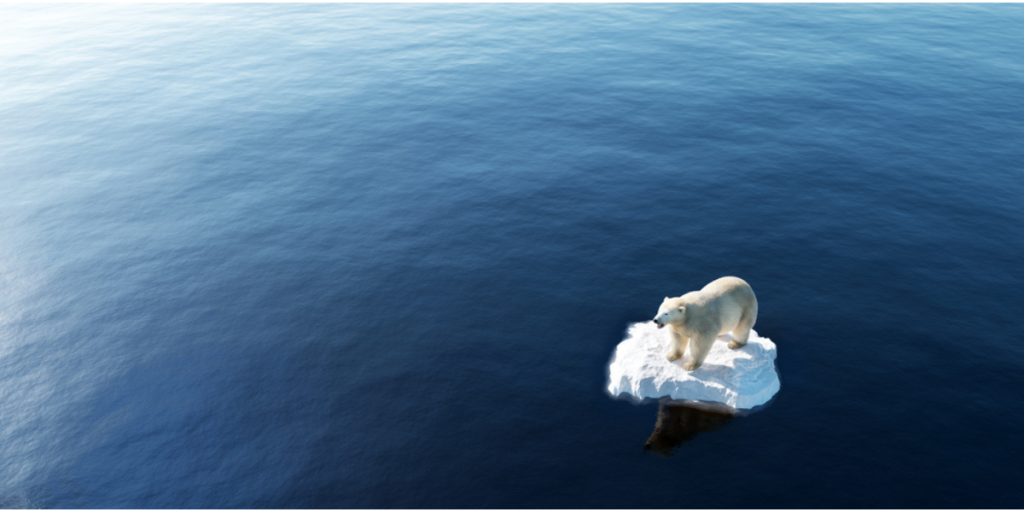Losing the Polar Shield: How Fast the Arctic Is Heading Toward Ice-Free Summers
Others are reading now
Losing the Polar Shield: How Fast the Arctic Is Heading Toward Ice-Free Summers
A Tipping Point at the Top of the World
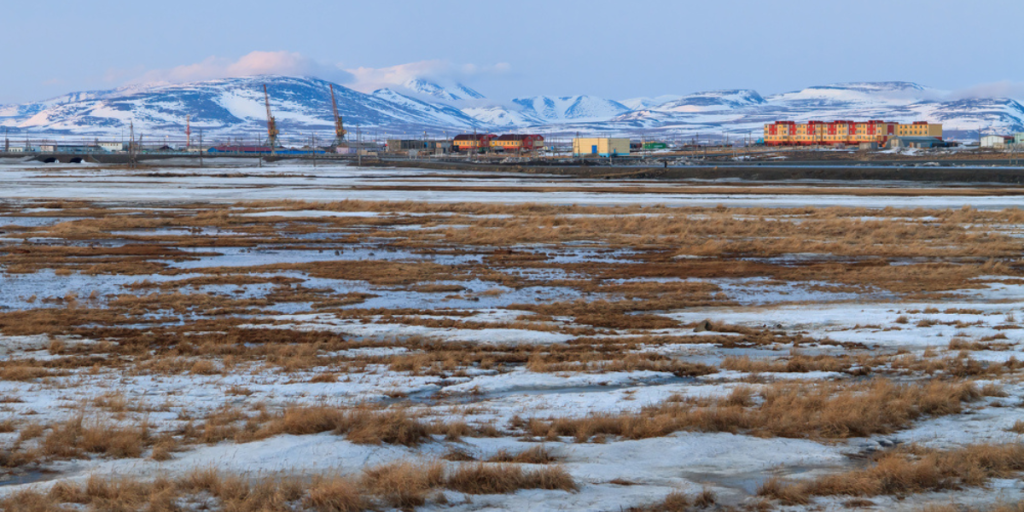
For most of human history, the Arctic Ocean has been a place of permanent ice and snow — a frozen cap at the top of the planet.
That white shield has helped cool Earth, shaped ecosystems, and defined life for animals like polar bears and seals.
Now, scientists warn we are approaching a moment that would have been unthinkable a few decades ago: the first day when the Arctic Ocean is, by scientific definition, almost entirely free of summer sea ice.
How Close Are We to an Ice-Free Arctic Day?
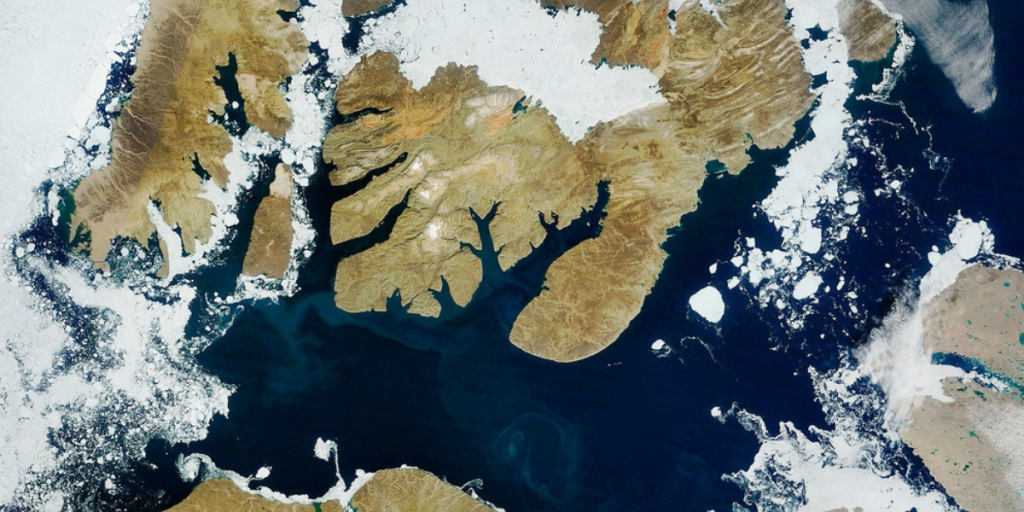
According to Space.com, a new study published in Nature Communications finds that the Arctic could see its first ice-free day within the next 7–18 years. Researchers define this as the moment when sea-ice extent drops below 1 million square kilometers — a dramatic break from the long-term average.
Also read
Satellite records since 1979 show that Arctic sea ice has already been shrinking at more than 12% per decade, and the region is warming about four times faster than the global average.
What the Models Are Telling Us

As reported by Space.com, the research team used 11 climate models and ran 366 simulations to explore different future scenarios. Only the most pessimistic simulations — with a series of unusually warm seasons — produced an ice-free day in the late 2020s, but every model eventually reached that threshold.
Most simulations place the first ice-free Arctic day sometime in the 2030s, even if emissions are reduced. The long-term decline is clear: average sea-ice extent has fallen from about 6.85 million square kilometers in the period 1979–1992 to around 4.28 million square kilometers today.
As sea ice continues to shrink, short-term weather fluctuations increasingly have the power to push the system briefly over the “ice-free” line.
From Planetary Refrigerator to Radiator
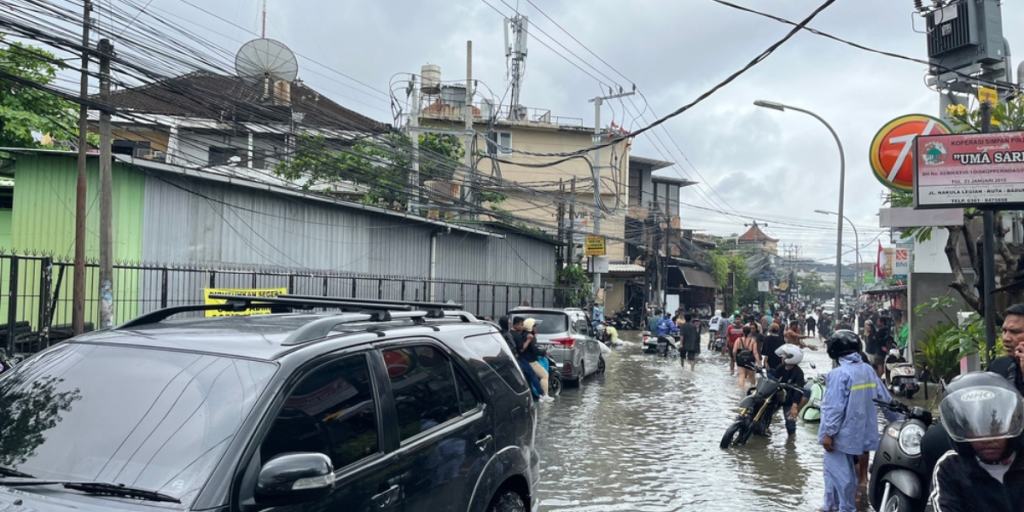
According to Space.com, the loss of sea ice does far more than open water for ships. Bright ice acts like a mirror, reflecting sunlight back into space through the albedo effect. Dark, open ocean absorbs that sunlight instead, trapping heat and accelerating warming — a feedback loop that turns the Arctic from a refrigerator into a radiator.
Also read
This shift destabilizes marine ecosystems, threatens ice-dependent species like polar bears, and alters ocean circulation patterns that help distribute heat and nutrients around the globe. The study also notes a small piece of good news: deep cuts in greenhouse gas emissions won’t completely prevent an eventual ice-free day, but they can delay it significantly and reduce the severity of the changes that follow.
What We’ve Learned
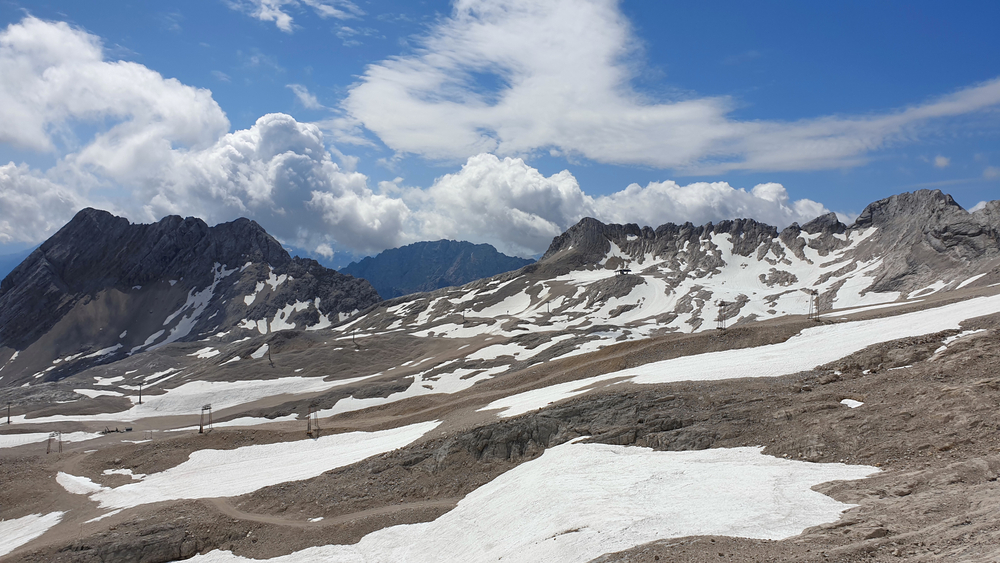
This new research shows that an ice-free day in the Arctic is no longer a distant, hypothetical scenario — it is a near-term event, likely within the next two decades and possibly much sooner.
Satellite measurements and climate models together reveal a rapid, ongoing transformation of the Arctic Ocean, driven primarily by human-caused greenhouse gas emissions. The loss of sea ice will reshape climate patterns, ecosystems, and coastal communities far beyond the polar circle.
A Warning Written in Melting Ice
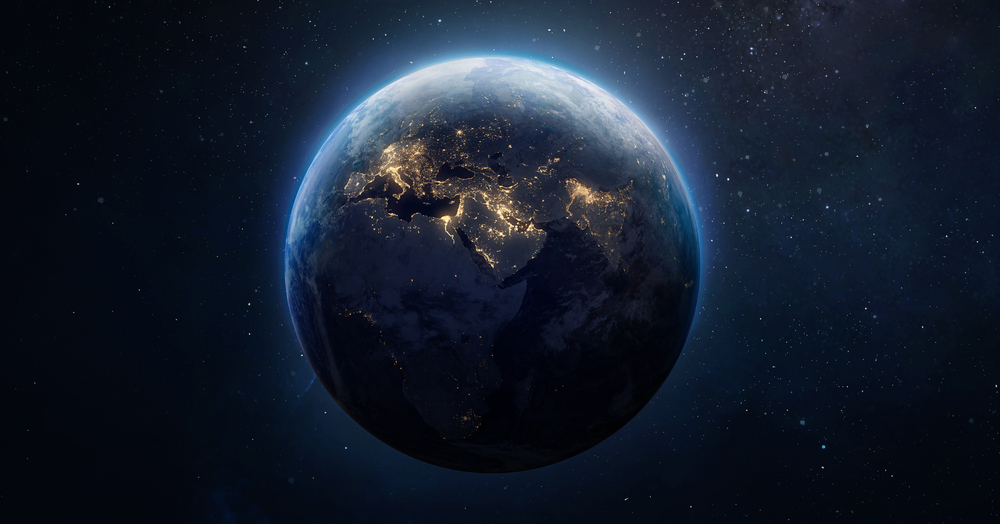
The first ice-free day in the Arctic will not happen with a bang; it will arrive almost quietly, as a number in a dataset dips below a threshold. But its meaning is anything but quiet.
It will signal that we have altered one of Earth’s great stabilizing systems — the reflective, frozen ocean at the top of the world.
Also read
Whether that moment comes in three years or fifteen depends on the choices we make now. We cannot rewind the melting that has already occurred, but we can decide how fast it continues, and how much of the Arctic — and the rest of the planet — we are willing to lose.

